What Is Lead Management
Lead management simplifies the process of generating and converting leads.
Ensuring a lead management plan is critical to the success of a campaign. The management of leads is part of the entire process, ensuring that you increase your chances of converting your prospects.
Generating, categorising, qualifying, and tracking potential customers will help you determine the success of a campaign. Read on for details on what lead management is, why it’s important, and some of the best strategies in 2025.
Contents
What is Lead Management?
Lead management is a critical process in business that involves capturing, tracking and managing potential customers (leads) throughout the customer acquisition lifecycle, utilising various technologies and strategies to convert them into loyal clients.
Lead management is a long process of gaining the lead, qualifying them, nurturing them and then converting the leads into customers.
A proven process means that you can save time and money, as well as increase the ROI. Management is a part of the entire process, giving you the chance to gain better quality leads.
Why is Lead Management Important?
Lead management is important for sales teams to ensure hig huality leads, higher conversion rates and a simplified process.
Enhances Lead Quality
Effective lead management enhances lead quality. It ensures leads are properly qualified, improving the likelihood of conversion and reducing time spent on unqualified prospects.
This process involves rigorous filtering and segmentation, allowing sales teams to focus on the most promising opportunities, thus increasing efficiency and success rates.
Streamlines Sales Process
Lead management streamlines the sales process. Organised and prioritised leads help sales teams focus on high-value prospects, resulting in a more efficient sales cycle.
By systematically tracking and managing leads, businesses can identify bottlenecks and streamline workflows, ensuring a smoother and faster path to closing deals.
Increases Conversion Rates
Proper lead management increases conversion rates. By nurturing and engaging leads effectively, businesses turn more prospects into customers, thereby boosting overall sales performance.
This involves tailored communication strategies and timely follow-ups, which keep leads engaged and more likely to move forward in the sales funnel.
Find leads that convert with the best quality leads and ensure ROI.
Improves Customer Relationships
Managing leads improves customer relationships. Personalised communication and timely follow-ups build trust and loyalty, leading to long-term customer retention and advocacy.
Consistent and relevant interactions foster stronger connections, making customers feel valued and understood, which is essential for sustaining relationships.
Maximises Marketing ROI
Effective lead management maximises marketing ROI. By targeting and nurturing the right leads, businesses optimise resource use and boost profitability, ensuring a better return on investment.
This strategic approach reduces wastage of marketing resources and focuses efforts on high-potential leads, enhancing the overall impact of marketing campaigns.
Facilitates Data-Driven Decisions
Lead management facilitates data-driven decisions. Tracking and analysing lead data provide insights for refining marketing strategies, allowing for continuous improvement and better targeting.
Regularly reviewing performance metrics helps businesses adapt their approaches, stay ahead of market trends, and make informed decisions that drive success.
Enhances Team Efficiency
Lead management enhances team efficiency. Automation and organisation allow sales and marketing teams to work more effectively, reducing manual tasks and improving overall productivity.
By leveraging CRM systems and automated tools, teams can manage leads more efficiently, freeing up time for strategic activities and improving output quality.
What is Lead Generation?
Lead generation is the process of attracting and capturing potential customers’ interest in a product or service to build a sales pipeline.
There are various methods businesses use for lead generation, including inbound and outbound strategies.
Inbound strategies involve creating valuable content that attracts potential customers to your business, such as blog posts, social media interactions, and search engine optimisation.
On the other hand, outbound strategies involve reaching out to potential leads directly through methods like cold calling, email marketing, and advertising campaigns.
Why is Lead Generation Important?
Lead generation is essential for businesses as it is the first step in the sales process, helping to build a consistent pipeline of potential customers who can be nurtured into loyal clients.
Effective lead generation plays a crucial role in driving business growth, as it ensures a continuous influx of qualified leads that have a higher probability of converting into paying customers. By focusing on targeted lead generation strategies, companies can streamline their sales efforts, optimise their marketing campaigns, and ultimately boost revenue generation.
A well-executed lead generation process can lead to increased sales performance, improved customer acquisition, and enhanced brand visibility in the market.
What are the Different Types of Leads?
Leads can be categorised into various types based on their level of interest and qualification, such as Marketing Qualified Leads (MQLs), Sales Qualified Leads (SQLs), and different classifications for B2B and B2C contexts.
Marketing Qualified Leads (MQLs) are prospects who have shown interest in the company’s offerings but may not be ready to purchase yet. These leads are typically generated through marketing campaigns and activities.
On the other hand, Sales Qualified Leads (SQLs) are individuals or organisations that have been identified as ready to engage with the sales team. They have a higher likelihood of converting into paying customers.
Identifying and scoring leads is crucial in the lead management process as it helps prioritise follow-up actions and allocate resources effectively. MQLs and SQLs allow the sales and marketing teams to focus their efforts on leads that are most likely to result in revenue generation.
What are the Strategies for Managing Leads?
Effective lead management requires a combination of strategies, including:
- Lead scoring to prioritise leads
- Lead nurturing to maintain engagement
- Lead segmentation to tailor approaches
- Lead tracking for monitoring progress
- Lead qualification to ensure readiness for sales
Lead Scoring
Lead scoring is a technique used to rank leads based on their perceived value to the company, utilising CRM systems and analytics to assess and prioritise leads for sales reps.
By assigning a score to each lead based on various criteria such as demographics, behavior, and engagement level, lead scoring helps sales teams focus their efforts on leads that are more likely to convert into customers. This process streamlines the sales funnel by ensuring that sales reps are targeting high-potential leads, ultimately increasing the efficiency and effectiveness of the sales process.
Lead Nurturing
Lead nurturing involves building relationships with potential customers through targeted content and personalised interactions, lead nurturing helps in creating brand loyalty and trust among leads.
Through various tools like marketing automation software and customer relationship management systems, businesses can track and analyse lead behaviour to tailor their communication effectively. This personalised approach not only keeps leads engaged but also increases the chances of converting them into paying customers in the future.
Lead Segmentation
Lead segmentation is the process of dividing potential customers into distinct groups based on specific criteria, such as industry, behaviour, or demographics, to tailor marketing and sales approaches more effectively.
By leveraging CRM systems and marketing automation tools, businesses can streamline the segmentation process and customise their interactions with different customer segments. With CRM, companies can gather valuable data about each lead, including their interactions with the brand, preferences, and purchase history, enabling more personalised communication and targeted marketing efforts.
Marketing automation further enhances this process by automating tasks like email campaigns, lead scoring, and customer engagement based on segmentation criteria. This data-driven approach allows businesses to deliver the right message to the right audience at the right time, ultimately improving conversion rates and customer satisfaction.
Lead Tracking
Lead tracking involves monitoring the interactions and progress of leads through the sales funnel using CRM systems and analytics to gather insights and optimise strategies.
Plus CRM systems, businesses can leverage various tools such as marketing automation software, lead scoring models, and web analytics to enhance their lead tracking efforts. Utilising these tools enables organisations to capture crucial data points, assess lead quality, and identify potential opportunities for conversion.
Lead tracking helps organisations track key metrics like conversion rates, lead engagement, and sales pipeline velocity, providing valuable data for performance evaluation and strategy refinement. By monitoring these metrics, businesses can make data-driven decisions, allocate resources effectively, and tailor marketing campaigns to target high-quality leads.
Lead Qualification
Lead qualification is the process of assessing and determining whether a potential customer is a good fit for your product or service, typically involving inbound lead qualification techniques and CRM data analysis.
Sales representatives play a crucial role in this process, as they are responsible for engaging with leads, understanding their needs, and guiding them through the sales funnel. By actively listening to prospects and asking the right questions, sales representatives can gather valuable information to evaluate the lead’s level of interest and potential to make a purchase.
Lead Follow-up
Lead follow-up is a critical component of lead management, involving timely and personalised communication by sales reps, often supported by automation tools and CRM systems.
Ensuring effective lead follow-up requires sales teams to promptly reach out to potential customers who have shown interest in the product or service. By utilising automated communication tools such as email sequences, chatbots, and SMS campaigns, sales reps can streamline their interactions and maintain consistent communication with leads. CRM systems play a crucial role in managing and tracking follow-up activities by providing insights into lead behaviour, allowing sales reps to prioritise follow-ups based on lead engagement levels and interests.
How to Choose the Right Lead Management Agency?
Choosing the right lead management agency is crucial for businesses looking to optimise their marketing and sales processes, requiring them to consider factors such as the agency’s expertise in CRM systems, knowledge of industry-specific strategies, and the scalability of their solutions.
Find the Best Quality Leads: Risk Free
Committing to an agency usually requires a lot of money, subsequently leading to risk, but at FatRank we ask for nothing unless you gain a customer.
Rather than the usual pay-for-a lead model, we work on pay-on-conversion, meaning that you don’t pay until you convert your lead.
Get in touch to see if we’re a fit – if we could generate leads for you, then you can commit to a risk-free service with guaranteed ROI.
What to Look for in a Lead Management Agency?
When selecting a lead management agency, businesses should look for expertise in lead management strategies, proficiency with CRM systems, scalable solutions, user-friendly interfaces, and cost-effectiveness.
Expertise in lead management strategies is crucial, as it determines how effectively leads can be generated, nurtured, and converted. A good agency should have a deep understanding of various lead generation techniques, segmentation methods, and lead scoring models.
Proficiency with CRM systems is essential for seamless integration and tracking of leads throughout the customer journey. The agency should be able to leverage CRM tools to ensure efficient communication, personalised interactions, and timely follow-ups.
Scalable solutions are important to accommodate growth and changing business needs. The agency should have the capability to scale up lead management processes without compromising quality or efficiency.
User-friendly interfaces play a significant role in enhancing user adoption and productivity. Intuitive interfaces streamline lead management tasks, improve collaboration among team members, and reduce training time.
Cost-effectiveness is a critical factor for businesses to optimise their marketing budget. Evaluating the pricing structure, ROI potential, and value-added services can help in determining the cost-effectiveness of the lead management agency.
Frequently Asked Questions
What are some lead management strategies?
Lead management strategies can vary depending on the type of business and target audience. Some common strategies include lead scoring, lead nurturing, and lead segmentation. These techniques help in identifying and prioritising leads, providing relevant and timely communication, and tailoring the approach for different types of leads.
Why should I trust an agency like FatRank for lead management?
At FatRank, we have a team of experts who specialise in lead generation and management. Our proven strategies and experience in handling different types of leads can help your business grow and succeed. We also use advanced tools and techniques to ensure maximum efficiency and results.
How can I ensure successful lead management?
Successful lead management requires a consistent and organised approach. It is important to have a clear understanding of your target audience and their needs, regularly track and analyse data, and continuously improve and adapt your strategies based on results. It is also beneficial to have a dedicated team or agency handle lead management for your business.
When using FatRank, you can ensure success because you only pay on conversion, meaning you pay nothing on leads that haven’t been converted.
Related Posts
- 10 Ways to Generate Sales Leads Without Cold Calling

- Accountants Lead Generation

- Addiction Rehab Treatment Lead Generation

- Annuity Lead Generation

- Architects Lead Generation

- Attorney Lead Generation

- B2B vs B2C Lead Generation

- Bark.com Review

- Boiler Lead Generation

- Building Lead Generation

- Carpet Cleaning Lead Generation

- Checkatrade Review

- Chiropractic Lead Generation

- Cleaning Lead Generation

- Concrete Lead Generation

- Conservatory Lead Generation

- Credit Repair Lead Generation

- Cyber Security Lead Generation

- Damp Proofing Lead Generation

- Debt Lead Generation

- Decorator Lead Generation

- Dentist Lead Generation

- Digital Marketing Strategies for Lead Generation
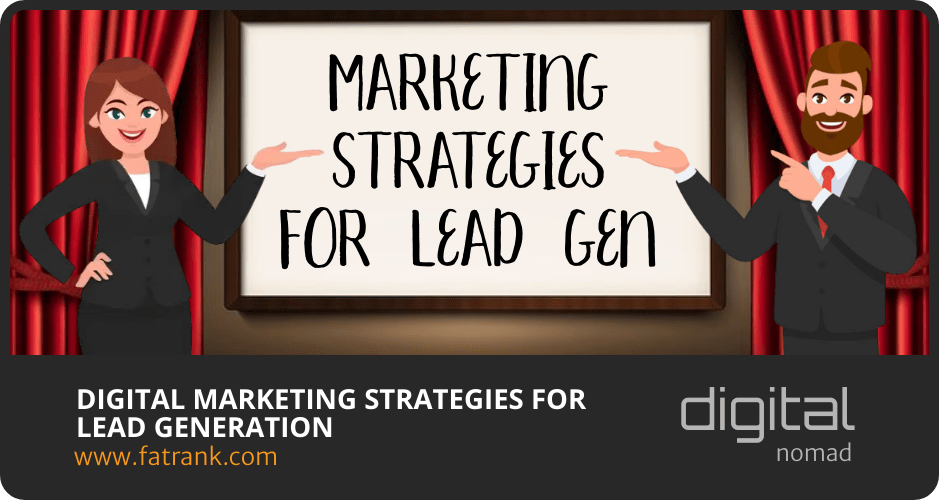
- Double Glazing Lead Generation

- Driveway Lead Generation

- Electrician Lead Generation

- Equity Release Lead Generation

- Excavation Contractor Lead Generation

- Fencing Lead Generation

- Financial Advisor Lead Generation

- Fintech Lead Generation: 5 Strategies for Fintech Companies

- Garage Door Lead Generation

- Heat Pump Lead Generation

- Heating Lead Generation

- Home Improvement Lead Generation

- How to Choose the Right Lead Generation Client

- How to Generate More Leads

- HVAC Lead Generation

- Importance Of Exclusive Leads

- Importance Of Leads That Convert Into Profit

- In-Market Lead Generation vs Out-Of-Market Demand Generation
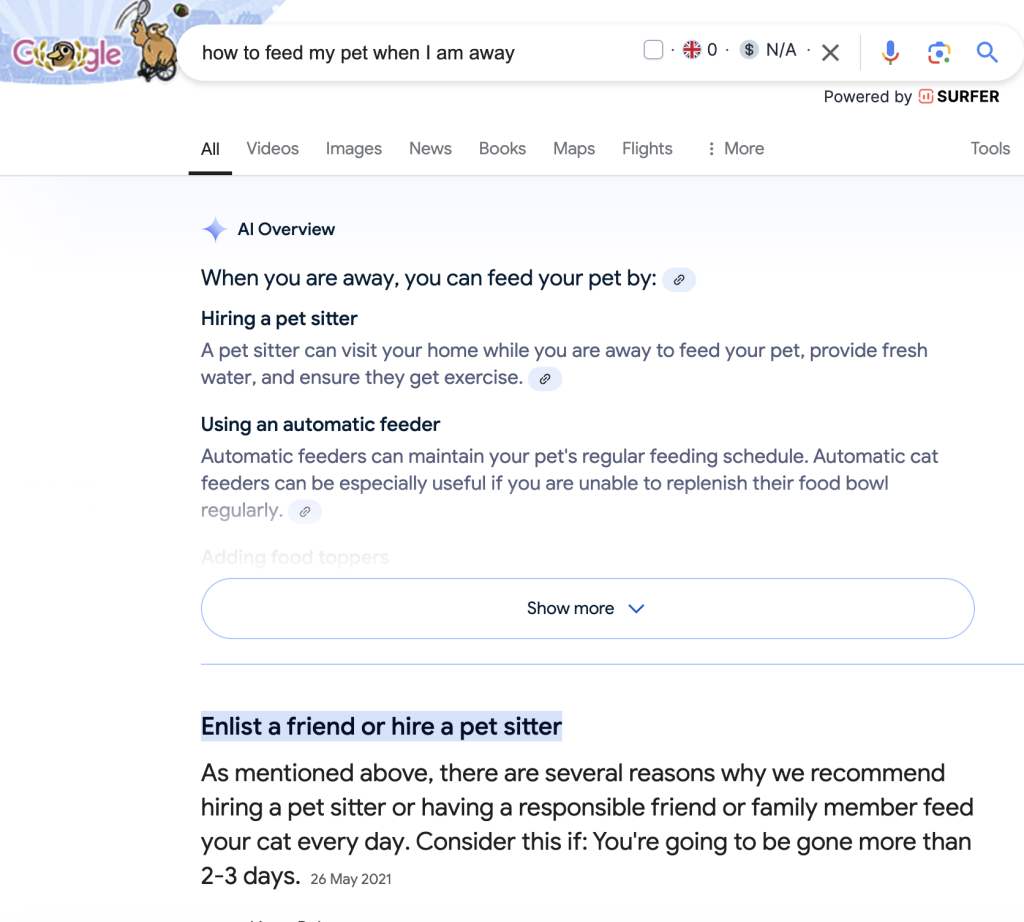
- Inbound Lead Generation Agency

- Insulation Lead Generation for Cavity Wall or Loft Insulations

- Is Lead Generation Worth it?

- Is Yellow Pages Business Advertising Value For Money?

- IT Services Lead Generation

- Joiner Lead Generation

- Landscaping Lead Generation

- Lawyers Lead Generation

- Lead Generation for Recruitment Agencies

- Lead Generation Quotes to Inspire You
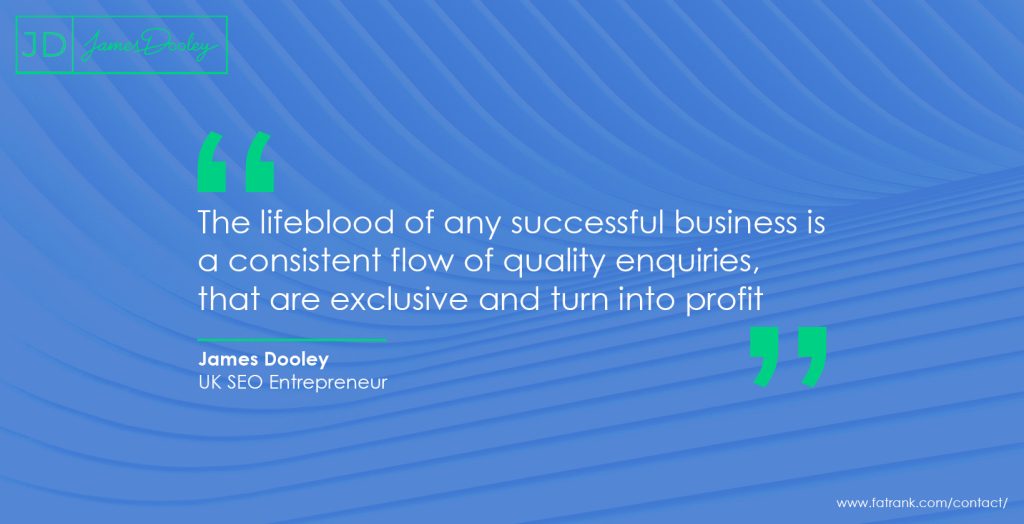
- Lead Generation Testimonials

- Lead Nurturing Strategies

- Lead Simplify Review
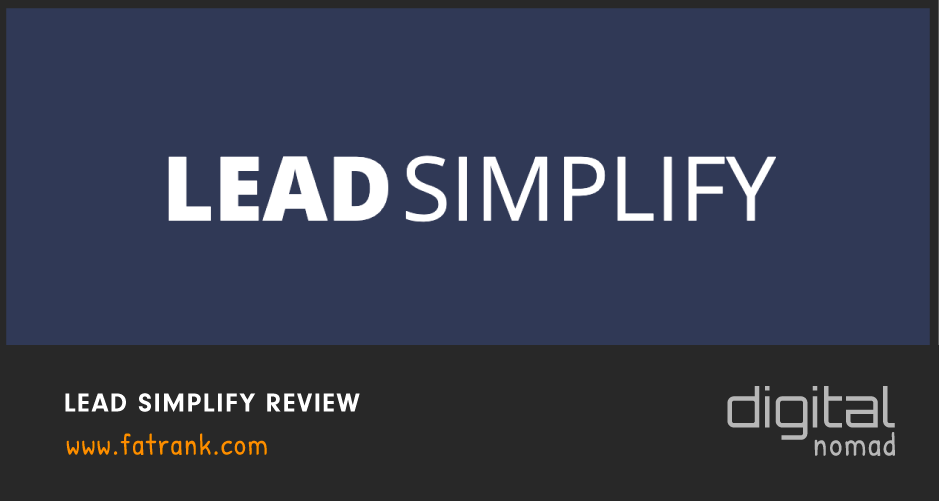
- Leads First: Everything Flows Downstream After Lead Generation
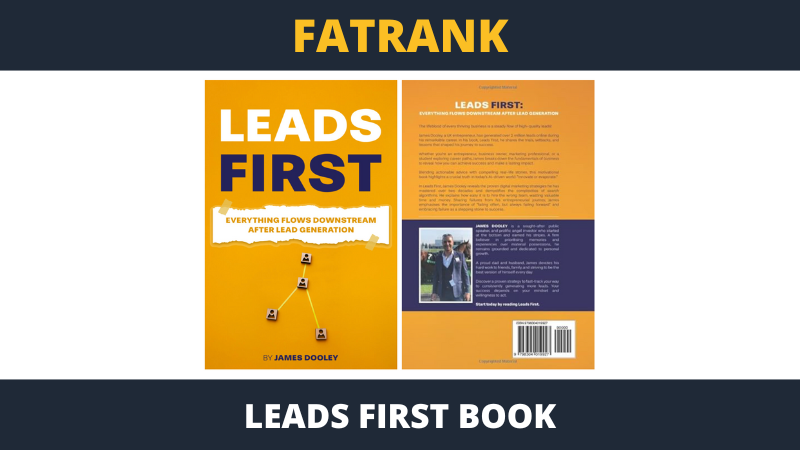
- Life Insurance Lead Generation

- Loans Lead Generation

- Locksmith Lead Generation

- Loft Conversion Lead Generation

- Mortgage Lead Generation

- Mould Remediation Lead Generation

- My Builder Review

- Outbound Lead Generation Agency

- Outsourced b2b Lead Generation

- Painting Contractor Lead Generation

- Pay Per Lead Generation

- Personal Trainer Lead Generation

- Pest Control Lead Generation

- Photographer Lead Generation

- Plastering Lead Generation

- Plastic Surgery Lead Generation

- Plumbing Lead Generation

- PPC Lead Generation
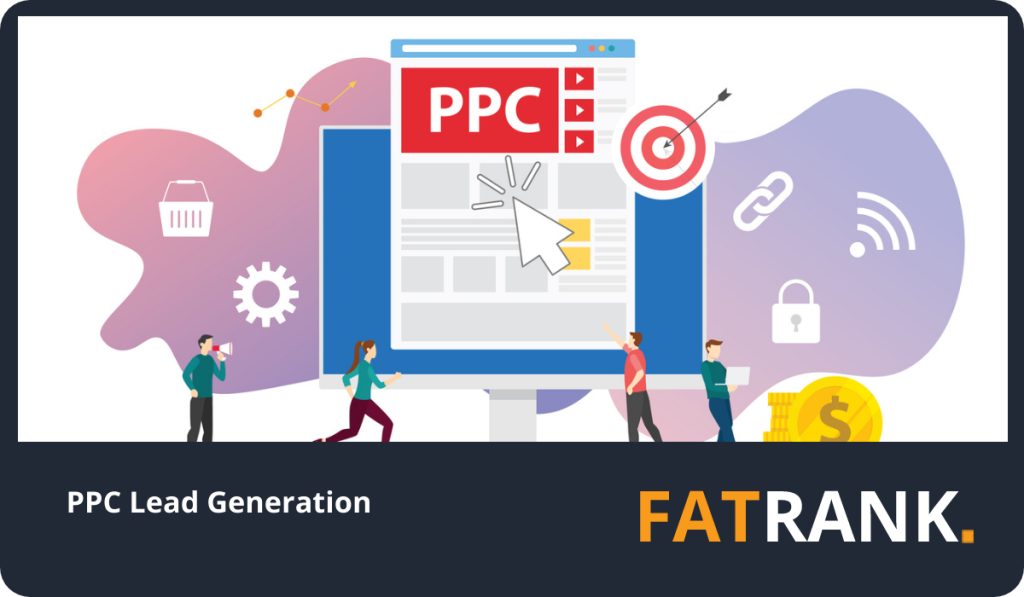
- Pressure Washing Lead Generation

- Qualified Investor Leads: How to Get High Quality Leads

- Questions You Should Ask Lead Generation Companies

- Real Estate Lead Generation

- Reasons to Decline Lead Generation Requests

- Recruitment Lead Generation

- Rendering Lead Generation

- Responding to Leads

- Roofing Lead Generation

- SaaS Lead Generation

- Scaffolding Lead Generation

- SEO Lead Generation

- Solar Panel Lead Generation

- Stairlift lead generation

- Suspended Ceiling Lead Generation

- Tradesman Websites
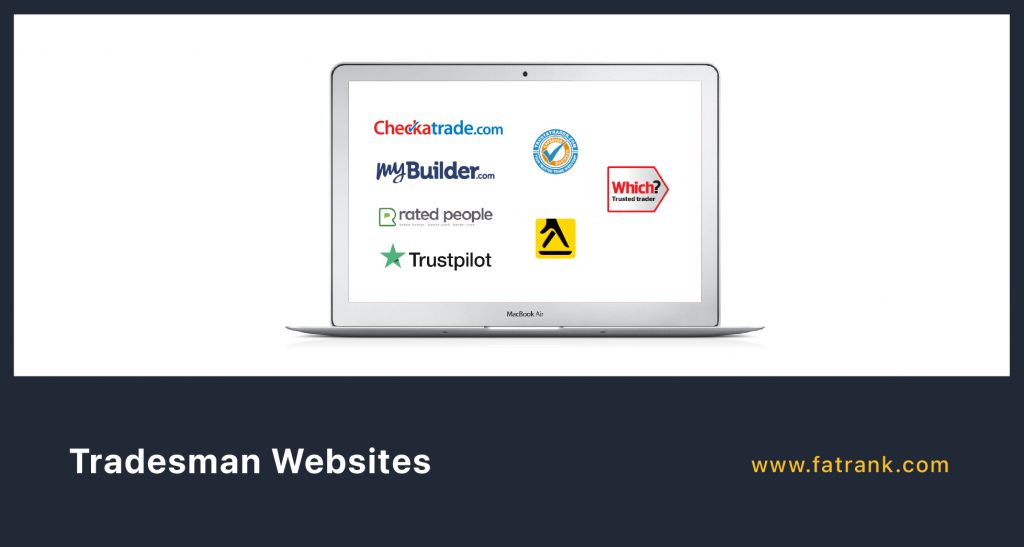
- Tree Service Lead Generation

- TrustATrader Review
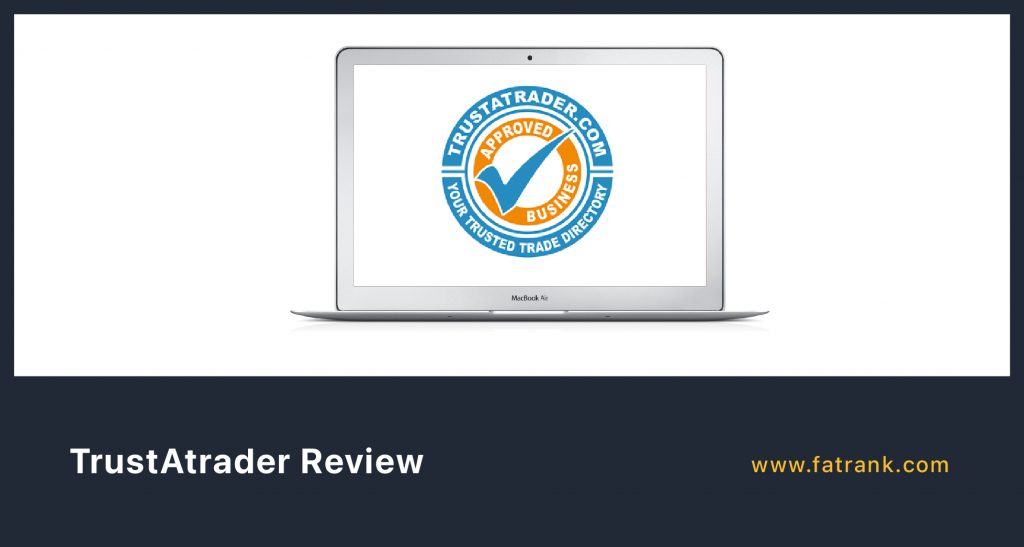
- Twitter Ads Lead Generation | Buy Twitter Advertising Leads

- Videographer Lead Generation

- Virtual Assistant Lead Generation

- Water Damage Lead Generation

- Web Design Lead Generation

- What is a Lead

- What Is Lead Management

- What Is The Impact Of Lead Response Time

- What Is The Importance Of Lead Quality

- Why is Lead Attribution Important?

- Why Real-Time Leads Could Boost Your Sales

- Zero Risk Lead Generation Service


About FatRank
Our aim to explain and educate from a basic level to an advanced on SEO and Social Media Marketing.
